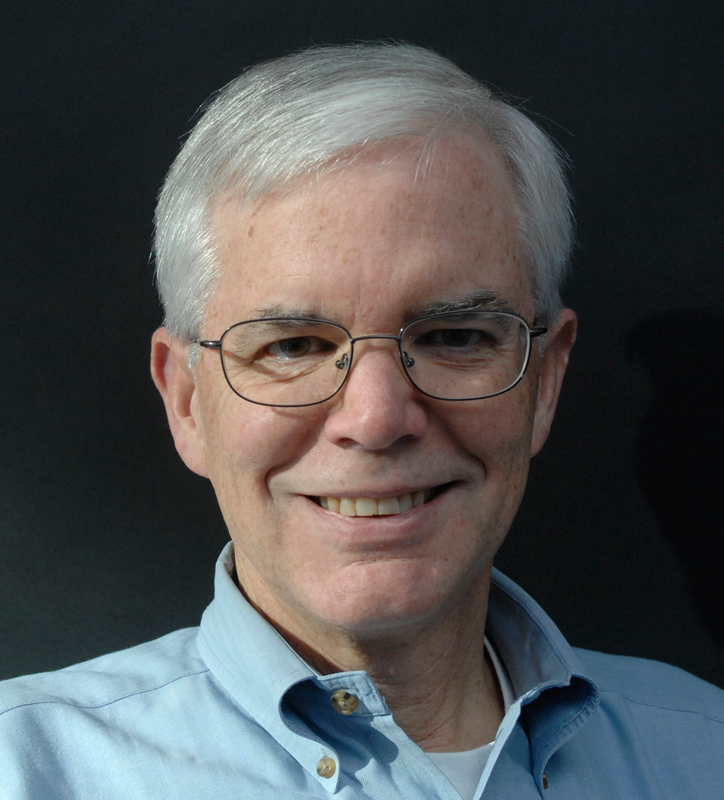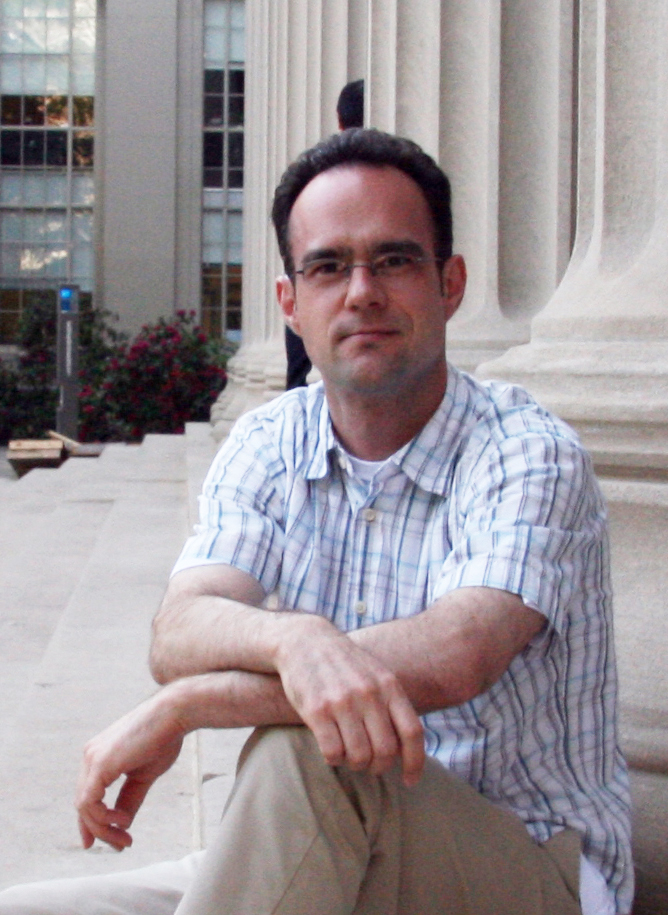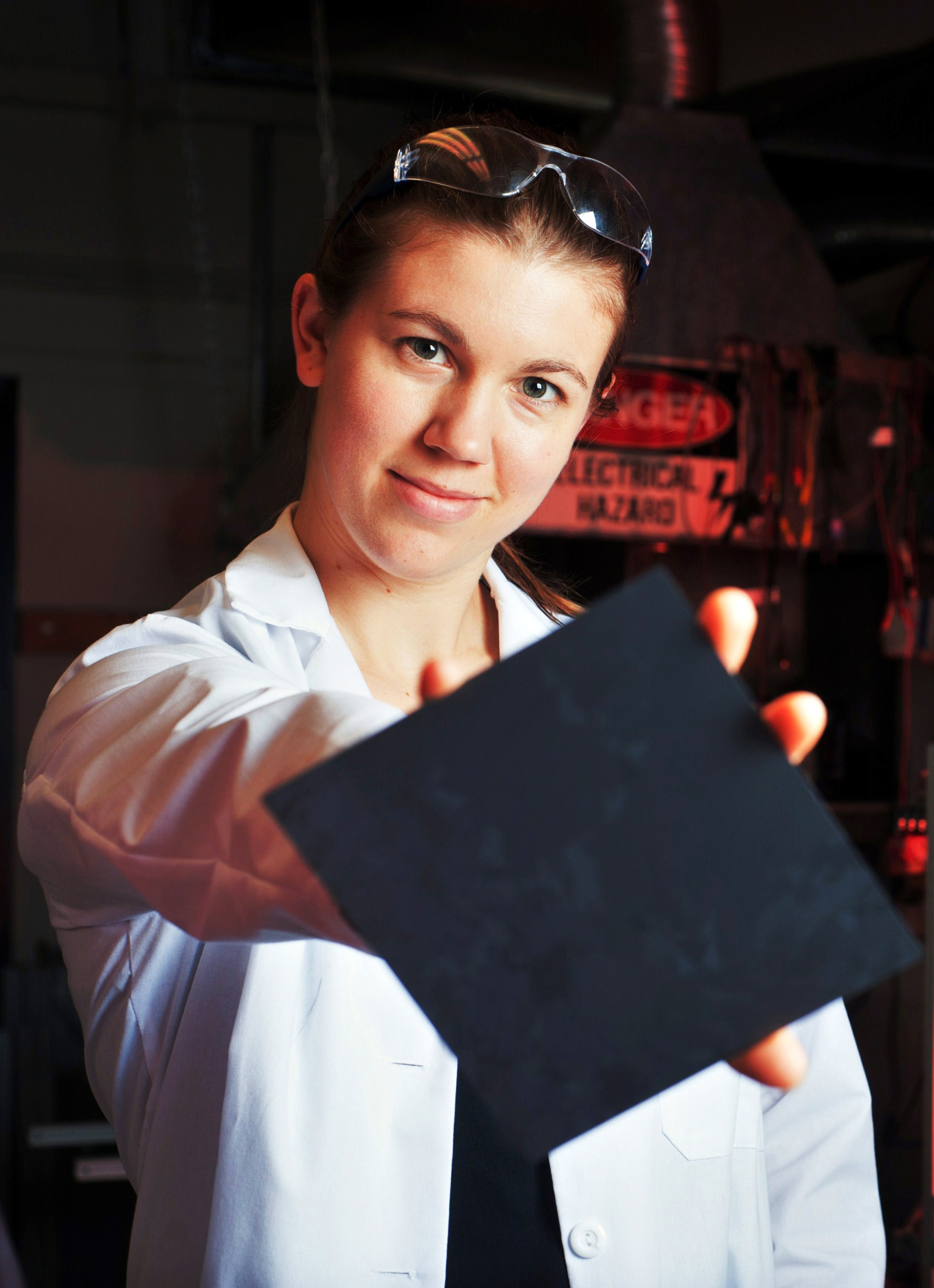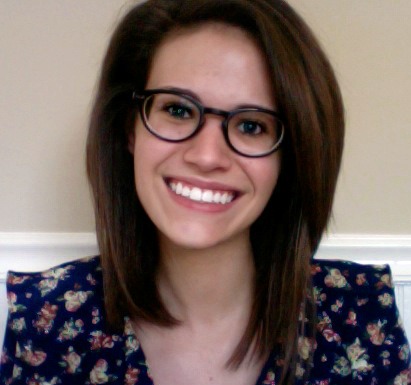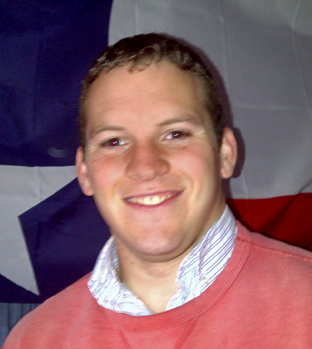Photovoltaic Manufacturing Lab
Prof. Samuel M. Allen
Principal Investigator
Chair of the MIT Faculty
Department of Materials Science and Engineering
Professor Allen received his B.Eng. from Stevens Institute of Technology in 1970 and S.M. and Ph.D. degrees from MIT in 1971 and 1975, respectively. He joined the MIT faculty as Assistant Professor in 1979. He has served the Institute on the Committee on Nominations, as Secretary of the Faculty (1996–2000), as Chair of the CUP Subcommittee on the Communications Requirement, and is currently serving a two-year term as Chair of the Faculty beginning July 2011. He served as Executive Officer of the Department of Materials Science and Engineering (DMSE) from 2000–2006, and was Acting Department Head in 2004.
Professor Allen has co-authored two textbooks: The Structure of Materials (1999, with E.L. Thomas) and Kinetics of Materials (2005, with R.W. Balluffi and W.C. Carter); seven patents relating to alloy development and processing of metal parts for 3-D Printing; and approximately seventy-five journal publications. He has taught a Freshman Advising Seminar on blacksmithing nearly every year since 1986. He is a Fellow of ASM International and received the School of Engineering’s Capers and Marion McDonald Award for Excellence in Advising and Mentoring in 2008. Professor Allen’s research centers on phase transformations, microstructural evolution, and properties of metals, including intermetallic compounds, steels, superalloys, and titanium alloys.
Christoph Sachs Ph.D
Research Scientist
Christoph Sachs received his undergraduate engineering degree in Materials Science and Metallurgy at the RWTH Aachen University, Germany. Significant part of his undergraduate research was carried out at the Massachusetts Institute of Technology (MIT), where he demonstrated the application of a liquid-metal infiltration process for producing tool steel parts from powder-metal preforms with compositions matching existing commercial alloys. For completing this research project as part of his diploma thesis he was awarded the Friedrich-Wilhelm-Preis 2004. The work was published in the paper “Homogeneous Steel Infiltration” which was awarded the “Champion H Mathewson Award 2007” by The Minerals, Metals & Materials Society (TMS). For his doctoral work at the Max-Planck-Institute for Iron Research, Düsseldorf, Germany, he brought in his expertise in metallic materials and engineering to the highly challenging and new field of biological composite materials. His work on the “Fracture Behavior and Shear Resistance of Lobster Cuticle” was recognized with the best poster award at the Materials Research Society (MRS) Fall Meeting 2006. Upon finishing his doctoral program he was awarded the Borchers-Plakette 2009 for excellent academic performance in a PhD program. In 2009 Dr. Sachs joined the group of Prof. Emanuel Sachs in MIT’s Laboratory for Manufacturing and Productivity to do postdoctoral work on a novel zone melting recrystallization process to produce high quality crystalline silicon wafers for solar cells at significantly lower costs than traditional routes. Following this appointment Dr. Sachs worked on novel kerfless silicon wafer making technologies as a Senior Photovoltaic Engineer at 1366 Technologies. His work focused on the development of a crystal growth process and the design of substrate materials and coatings for silicon crystal growth.
Alison Greenlee
Doctoral Candidate
Alison Greenlee received her two undergraduate degrees from MIT in Mechanical Engineering and Operations Management in 2009. During that time, she primarily focused on energy-related projects during her internships with Shell Oil Company, Transolar, and ExxonMobil Subsea Pipeline and Deepwater Risers. She also worked on campus with the Sloan Automotive Department to analyze the environmental impacts of biofuels that were sourced from different regions. Furthermore, she worked in the Bioinstrumentation Lab on developing an apparatus for growing conducting polymers. For originally a class project, she also developed a “Multi-turn, Tension-Stiffening Catheter Navigation System” to help surgeons navigate hollow viscera and presented the design at the 2009 CIMIT conference, as published in IEEE 2009. Her undergraduate thesis with Professor Alex Slocum focused on the design and optimization of a subsea hydraulic energy storage device. The design was patented (US20110215650) and the findings were presented to President Obama during his visit to MIT. In addition to her studies, she was also a member and captain of the MIT Women’s Openweight Crew Team (Division I), president of the Swing Dancing Society, vice president of membership for the MIT Parliamentary Debate Team, and a member of the MIT Ballroom Dance Team.
Her masters degree was awarded in 2011 also at MIT under Professor Emanuel Sachs. This work focused on developing a novel manufacturing process to zone-melt and solidify silicon wafers for improved electronic properties. This process sought to produce high quality silicon wafers for solar cells while eliminating the large consumable costs incurred by traditional processes. Immediately after graduation, she began work at 1366 Technologies as a Photovoltaics Engineer on an alternate method to inexpensively manufacture silicon wafers. Specifically, she worked on developing the heat transfer and kinetic models needed to develop and optimize a kerfless wafer manufacturing process.
Juliette L. Chevallier
Undergraduate Student
Juliette Chevallier is currently a sophomore at Wellesley College pursuing a major in mathematics and a certificate in mechanical engineering from Franklin W. Olin College of Engineering. Growing up in Phoenix, AZ, Juliette was drawn to renewable energy technologies by seeing the potential Arizona had to be completely powered by solar energy. Before joining the MIT PV Manufacturing Lab, Juliette worked on research projects on geothermal energy recovery and on designing wind energy modules. Juliette has joined the PV Lab in order to learn more about solar cell production and to positively contribute to meaningful research on solar energy technology. Outside of lab and class, Juliette likes to play classical piano and go rock climbing.
David Christoff
Undergraduate Student
David Christoff is an MIT sophomore studying mechanical engineering. A Dallas, Texas native, David has spent his time at the institute bettering his knowledge of mechanical and thermal-fluid systems and applying his learning to the MIT Electric Vehicle Team and Humans and Automation Lab. In his free time, David enjoys writing screenplays and satire, designing and building clocks, and coaching his former high school's lacrosse goaltenders.
